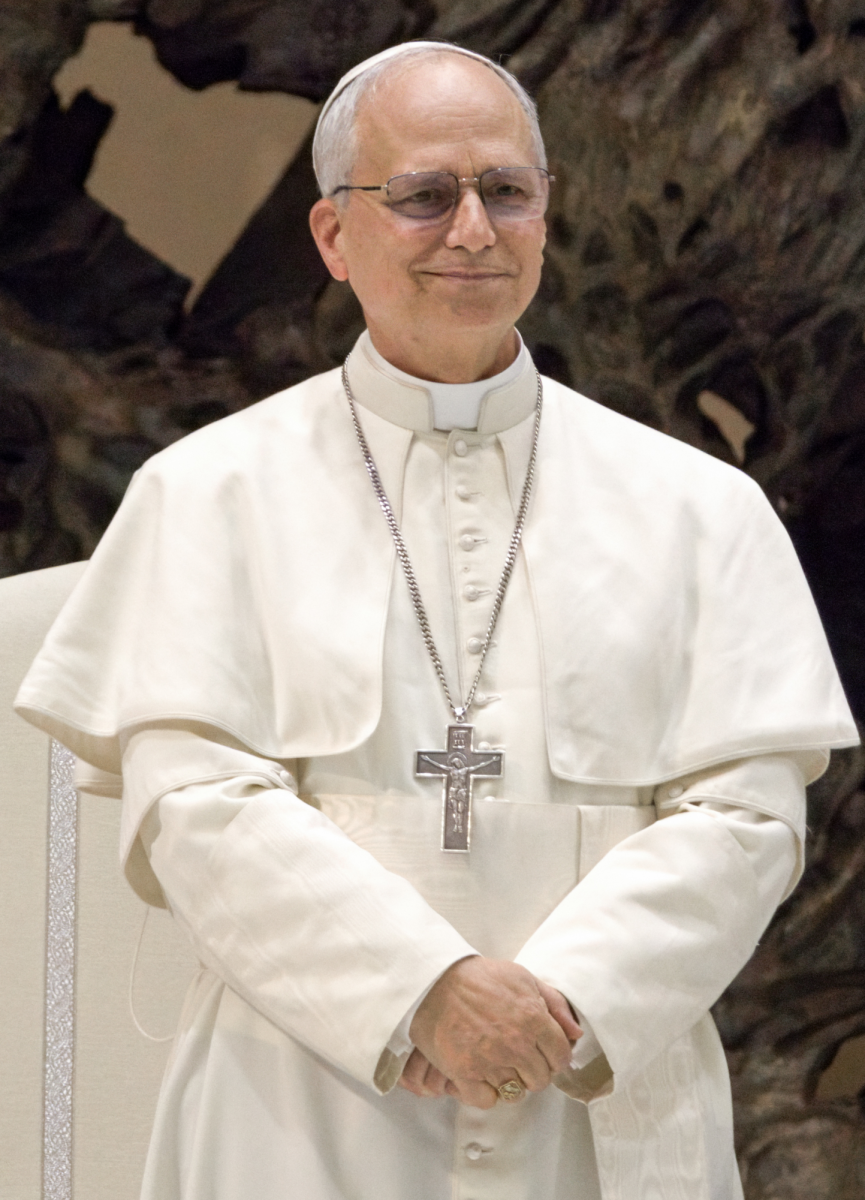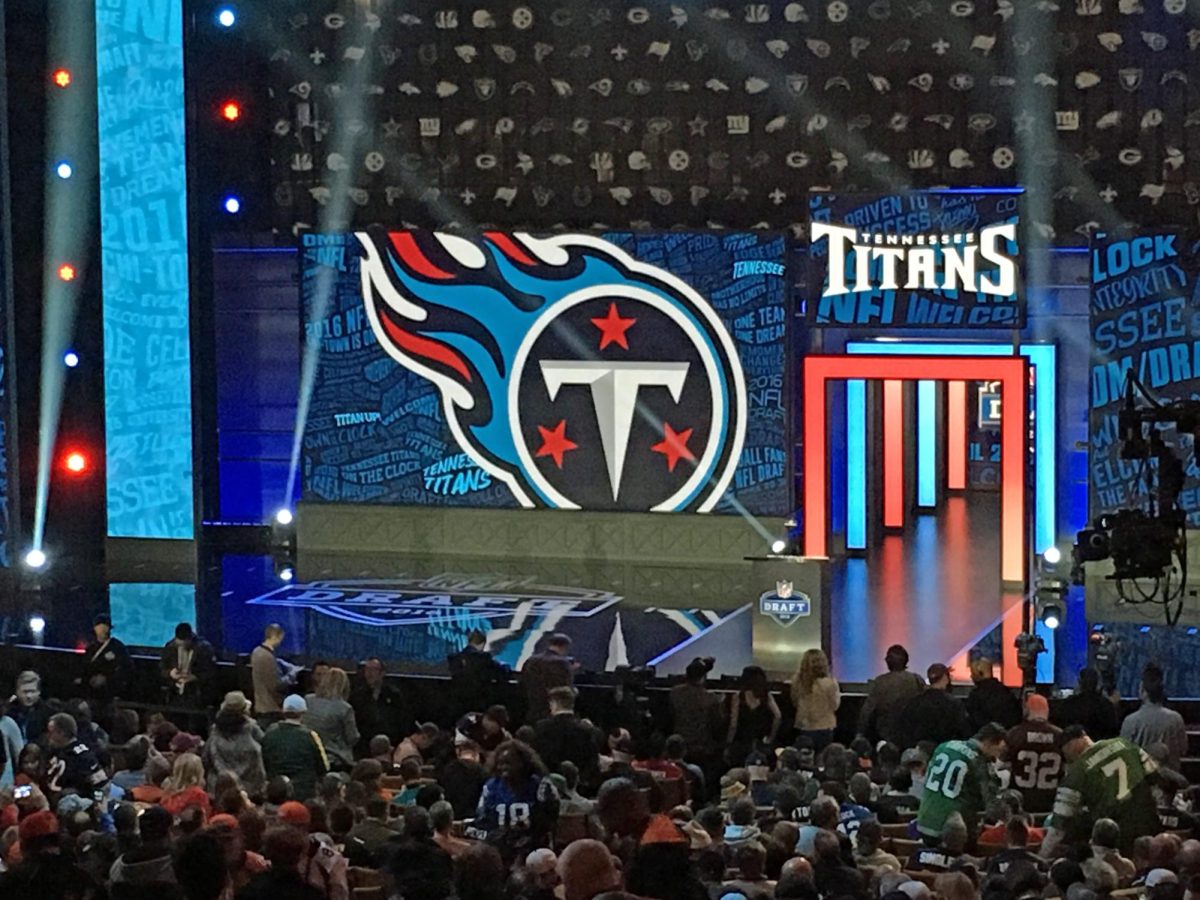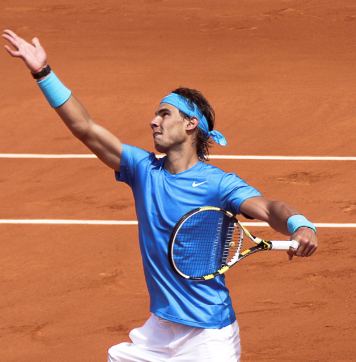The Democratic Primary of 2019
January 29, 2020
Welcome to the new decade! This new year may be the start of the 2020’s, but what really makes this year count is it’s a presidential election year. It may seem like a long time until November 2020 and Election Day, but for Democrats in Iowa, the Democratic nomination is less than 3 weeks away.
The race remains highly contested with 12 candidates continuing their campaigns into the new year. Initially, 28 Democratic candidates had put their “hat in the ring” for president, making this primary the most crowded and diverse set of candidates ever with six women, four African-Americans, one Asian, one Hispanic, and one openly gay candidate. In the Democratic field, unexpected dropouts occurred throughout the season, especially California senator, Kamala Harris, former Texas congressman, Beto O’Rourke, former Secretary of Housing and Urban Development under the Obama Administration, Julián Castro, and recently, New Jersey senator and former mayor of Newark, Cory Booker.
Additionally, two Republicans are challenging Trump in the Republican Primary: Conservative radio host, Joe Walsh, and former governor of Massachusetts, William Weld. However, Republicans have shut down multiple state primaries, making it nearly impossible for Republicans to run against Trump in 2020.
So far, in national polling, Joe Biden, President Obama’s vice president, and long-time Delaware senator is the front-runner among Democratic candidates. Biden has led the race since he first began his campaign running on a promise to return to “normalcy” and promises he can “work across the aisle” with Republican law-makers. Furthermore, Biden maintains a consistent lead due to Democratic voter’s strong belief in his national electability. Biden has strong support among African-Americans, especially in South Carolina which he leads by 21%.
Yet, Biden has faced his fair share of backlash from his past relationship with segregationist senators and his opposition to federally mandated busing to his treatment of women. Yet, Biden remains in a strong position with numerous endorsements including California senator, Diane Feinstein, Alabama senator, Doug Jones, New York Governor, Andrew Cuomo, and former presidential candidate, Tim Ryan. Recently, New Jersey congressman, Tom Malinowski, who represents the 7th congressional district, has endorsed the former vice president. Biden has made it clear that his fundamental goal is to reverse Trump’s recent changes and bring back policies similar to those the Obama Administration supported. Accordingly, Biden has made healthcare and climate change his top issues in his campaign.
Following Biden are Vermont senator, Bernie Sanders, and Massachusetts senator, Elizabeth Warren. Both Sanders and Warren are running on a universal healthcare and free college tuition campaign, deemed to be the radical wing of the Democratic party. Sanders had recently survived a heart attack and was hospitalized for a week, which has raised many questions about his health and age. At 78 years old, Sanders would be the oldest elected president. However, he has won key endorsements from young freshman Democrats, Ilhan Omar, Rashida Tlaib, and Alexandria Oscario Cortez which appears to have strengthened his base among young millennial voters. “Bernie” relies heavily on his supporters from 2016 and is a likely winner in many key early voting states. Sanders also has done exceptional well in individual contributions, leading with $25.2 million in the third quarter of the primary.
Elizabeth Warren, similarly, focuses her campaign on fighting corruption in politics and has started a grassroots movement in opposition to campaigns run by billionaires. She has also done very well in raising campaign contributions, with $24.6 million in the third quarter. Additionally, Warren has been excellent win her debate performances despite her differing views from most of the candidates on the stage. When it comes to her signature issues, she is in favor of “Medicare For All” and free college tuition, like Bernie Sanders. In addition to her campaign, Warren has won the endorsement of former candidate, Julian Castro which left many wondering if Warren has already decided on her VP pick. This endorsement is huge as she tries to find leverage against the Sanders’ campaign. Both Sanders and Warren, are polling high in early voting states and national polls which shows a desire for a more progressive Democratic party; however, with concerns about general electability on a national front, both have an uphill battle to convince voters that they are the best candidate to beat Trump.
South Bend (IN) Mayor Pete Buttigieg has registered impressive polling numbers in early voting states such as Iowa and New Hampshire, and he has raised at least $29.2 million in the second quarter of the primary, leading in individual contributions for that quarter. Buttigieg is the youngest candidate in the field leading a campaign focused on generational politics. Buttigieg has had no prior political experience on Capitol Hill, which makes him a “Washington outsider”. A US military veteran, he seeks to moderate between progressives and centrists over the issues of immigration and healthcare. Although he has recently won the support of Maryland congressman, Anthony Brown, Buttigieg still struggles to make his mark among African-American voters due to his controversial actions over his firing of the first African-American police chief of South Bend. Buttigieg has directed his presidential campaign to concentrate on the issues of climate change, immigration, and economic equality.
N
Sources:
https://www.washingtonpost.com/politics/2019/11/18/whats-happening-election/
https://www.newsweek.com/democratic-presidential-primary-year-review-1479091
https://www.cnn.com/election/2020/candidates
https://www.nytimes.com/news-event/2020-election
https://www.politico.com/2020-election/democratic-presidential-candidates/endorsements/























